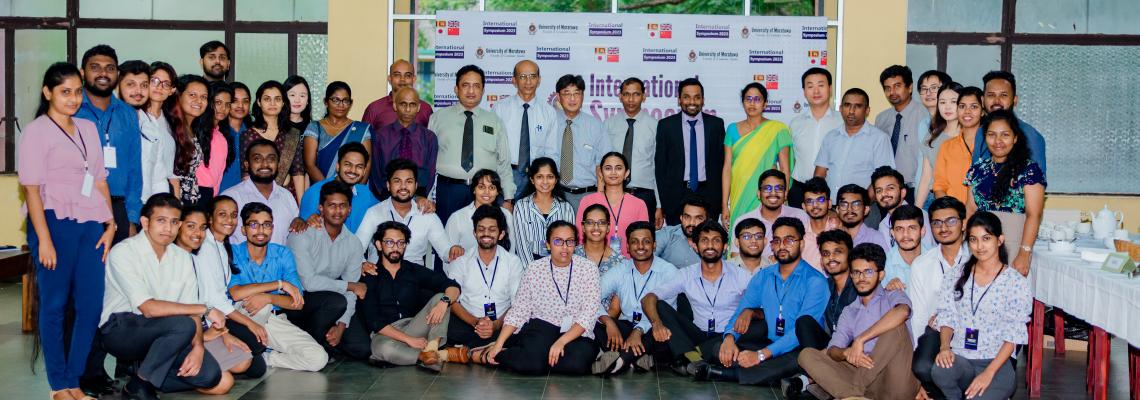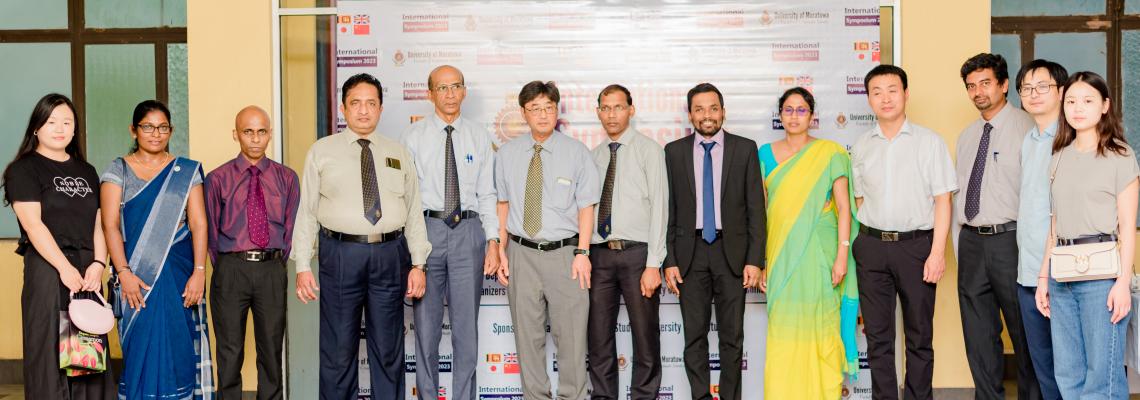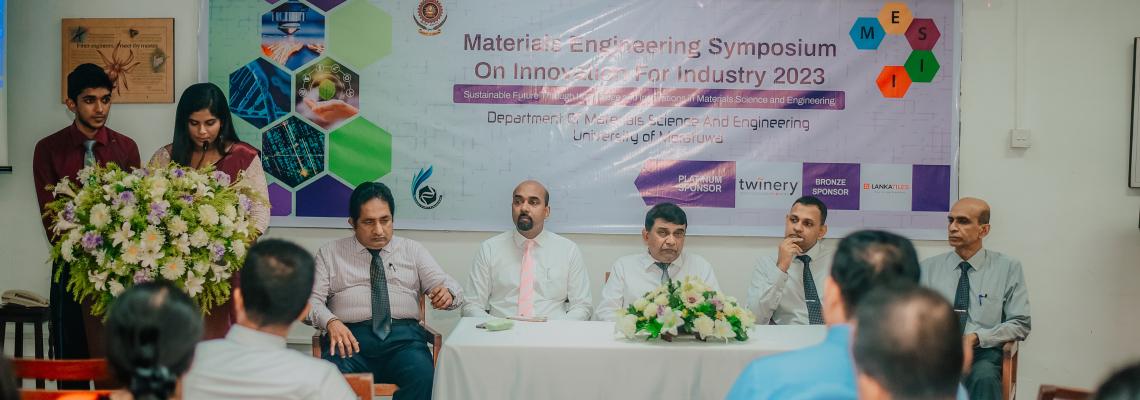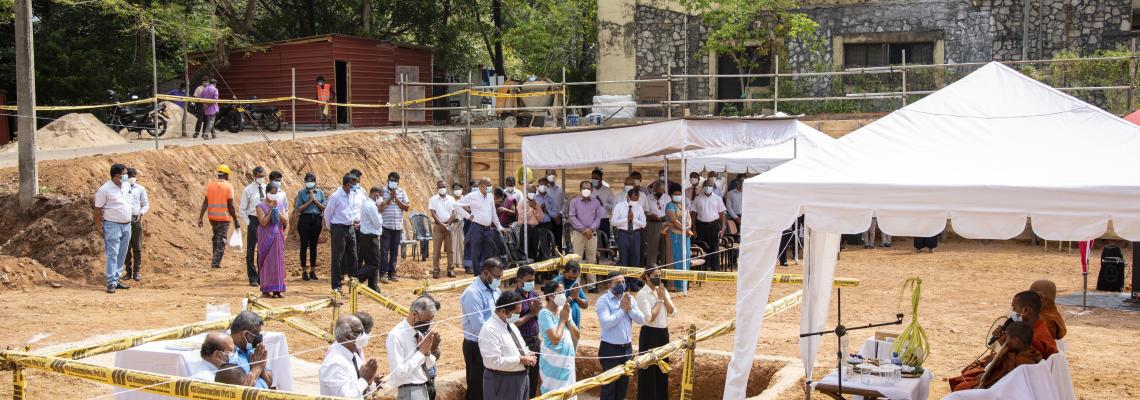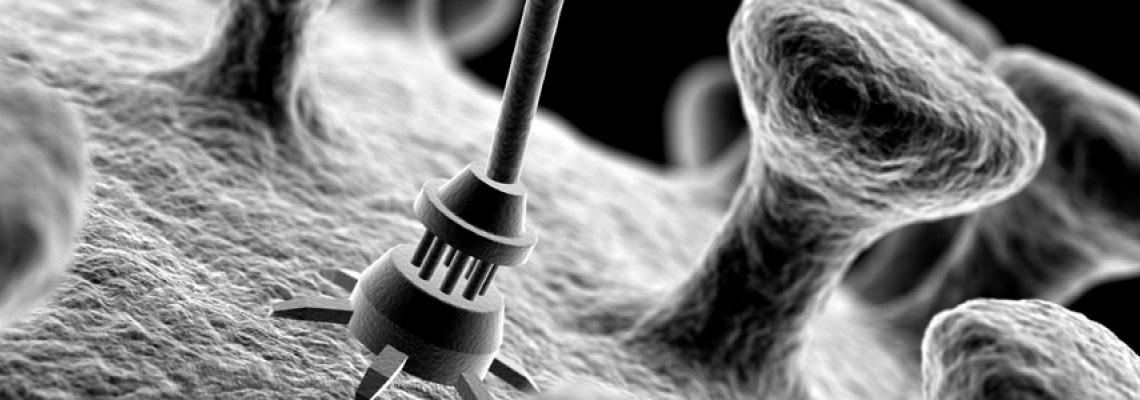The Department of Materials Science and Engineering at the University of Moratuwa offers a diverse array of career opportunities for its graduates. With expertise in materials research, development, and design, our graduates can pursue rewarding careers across industries such as aerospace, energy, electronics, healthcare, and manufacturing. We emphasis on innovation and entrepreneurship prepares students with the necessary skills and mindset to establish their own startups, develop cutting-edge technologies, and lead transformative advancements in their respective fields.
Types of Careers
Materials science and engineering encompasses a broad array of scientific fields and specialties, and graduates have a wide range of opportunities. Materials science and engineering graduates build dynamic futures—working as engineers and researchers with multinational companies, professors at prominent academic institutions, or policy advisors for governmental organizations. Here’s a sampling of jobs materials science and engineering majors get after graduating.
Use computer simulations and modeling techniques to study and predict the behavior and properties of materials. Develop and apply algorithms and tools to understand material structures, properties, and performance, contributing to materials design, optimization, and research. Computational materials scientists work in many industries, including aerospace, energy and renewable resources, electronics and semiconductors, and chemical processing.
Apply data science techniques to analyze large data sets generated in materials research and development, extract insights, and make data-driven decisions. Develop algorithms and models to analyze and interpret materials data for various applications. Data scientists/analysts with materials science and engineering backgrounds work in industries such as automaking, materials manufacturing, health care and biotechnology, and consulting.
Evaluate materials and develop machinery and processes to manufacture materials for use in products that must meet specialized design and performance criteria. In health and medicine, for example, develop materials for use in medical devices. Materials engineers also work in industries such as aerospace, automaking, electronics, renewable resources, construction, and infrastructure.
Analyze and optimize metal properties and work on developing new alloys with enhanced performance characteristics. Metallurgists work in a wide range of industries, including manufacturing and production, mining, energy and power generation, and defense and aerospace.
Some graduates pursue careers in academia, becoming professors or academic researchers. They teach courses, mentor students, and lead research projects, contributing to the field’s knowledge base and inspiring future generations of scholars.
Design and optimize materials for specific products or applications. Work with design teams to select materials, develop prototypes, conduct testing, and ensure that materials meet required specifications. Product development engineers work in consumer goods, automaking, aerospace, health care, sports and recreation, and other industries.
Study and conduct experiments to analyze natural phenomena and develop new materials or devices. In the construction industry, conduct hands-on lab-scale testing of new, emissions-free building materials, for example. Research scientists with materials science and engineering backgrounds work in other industries, too: examples include government and national laboratories, academia, technology and electronics, energy, and health care.
Innovation and Entrepreneurship
The Department of Materials Science and Engineering at the University of Moratuwa has long been recognized for its dedication to fostering innovation. The department’s curriculum is thoughtfully designed to promote creative problem-solving, hands-on experimentation, and interdisciplinary thinking. For instance, in the course MT 3200 (Comprehensive Design Project), students gain practical experience in designing and prototyping potentially viable products or systems.
We also strongly encourages entrepreneurship. Through various initiatives, the department actively supports students, faculty, and researchers in transforming their innovative ideas into successful ventures. As a result, numerous pioneering startups have been launched from the department, making significant contributions across industries and reinforcing the standing of the University of Moratuwa as a leading hub for technological innovation and entrepreneurship.

